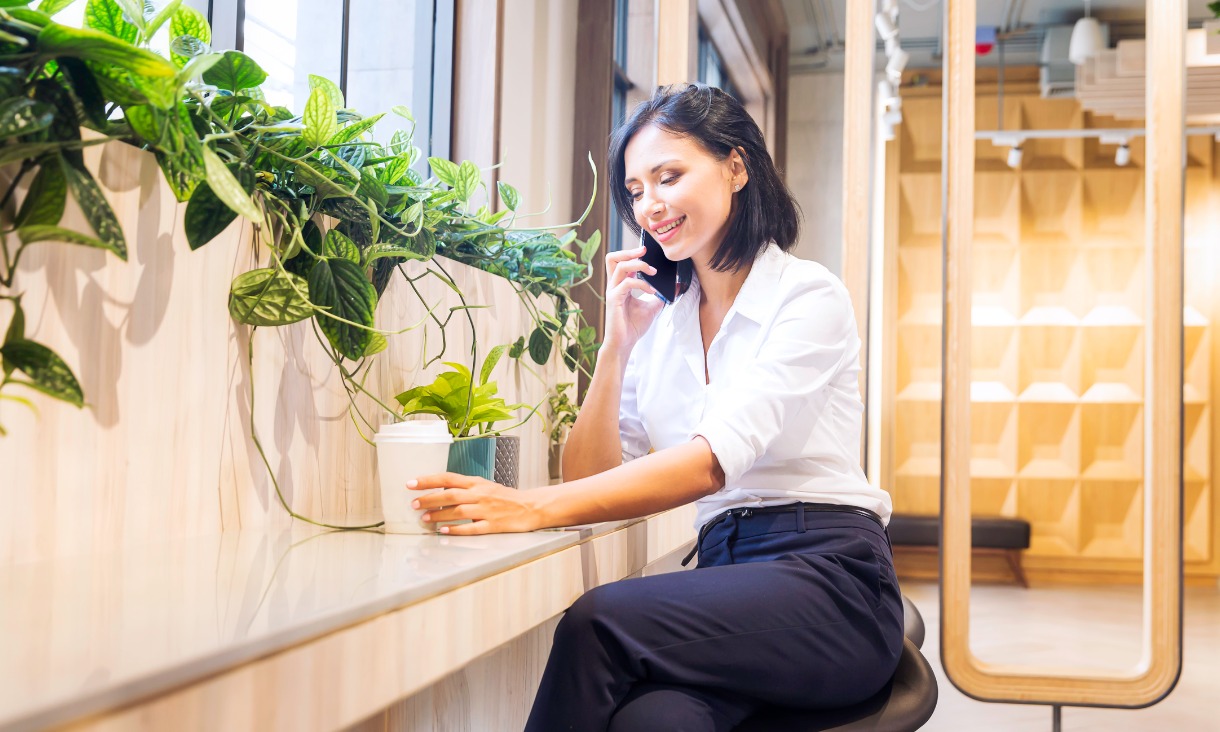
RMIT experts available for comment on life after COVID-19
Experts from RMIT University are available to talk to media about life after COVID-19 including finding your “new normal”, and a workspace option that helps manage the risk post pandemic.
Finding “the new normal” after COVID-19
Dr James Collett (0412 872 884 or james.collett@rmit.edu.au)
Topics: coping, attachment relationships, impulsive behaviour, boundaries between accepted and disordered behaviour, attachment to possessions, hoarding
“Unfortunately, many sources of stress arising from COVID-19 will not simply disappear once risk of infection is minimal.
“These include strained family relationships, parenting challenges, domestic violence, unemployment, increased debt, alcoholism, and racial discrimination.”
“Shaken confidence from social isolation will increase fear, distrust, social anxiety, discrimination, germ phobias, and the number of people feeling unsafe in the community.
“A state of shock will occur when the isolation lifestyle collides with an attempted return to business as usual.
“Many will find it hard to change bad health habits surrounding eating, drinking, fitness, and sleep that have set in during isolation.”
“Optimism is natural and useful, but the “new normal” brings a pressure to excel at personal, family, and financial wellbeing.
“People will forget that we have all experienced this crisis differently, and unhelpfully compare themselves to others.
“Mental health problems such as depression, anxiety, stress, anger, trauma, and complicated grief will impact many.
“Individuals benefiting from psychological services may find that they have used up their quota of government-subsidised psychologist sessions.”
Dr James Collett is a lecturer in psychology at RMIT’s School of Health and Biomedical Sciences. He has worked as a clinician, researcher, and educator in the field of psychology for more than 10 years.

Bringing the office to suburbia
Thami Croeser (0416 276 599 or thami.croeser@rmit.edu.au)
Topics: Urban planning for sustainability, urban greening, cities
“With restrictions starting to ease, but COVID-19 likely to remain a risk for the time being, many are asking how the future of work will look.
“Working from home isn’t ideal for many, while squeezing onto a packed train now seems unthinkable.
“Bicycles are currently very appealing, but will that last as traffic returns to our streets?
“For smaller businesses co-working may be an ideal option, while larger employers like government and major corporates may opt to establish their own sub-offices.
“Analysis suggests suburbs across metropolitan Melbourne can house co-working office spaces to manage virus risk in the long term.
“Nearly two-thirds of Melburnians live within a five-minute walk of a local commercial strip suitable to house co-working spaces.
“And 97% of Melburnians are within 2km of a shopping area that could host local workplaces.
“With more workers comes more demand for coffee shops and local services, multiplying the return of vitality to these increasingly beleaguered strips.
“By establishing new workspaces in local and neighbourhood activity centres, we effectively get the best of our current and past work arrangements – a shorter commute but in a normal job setting that separates home and work.”
Thami Croeser is an urban researcher from the Centre for Urban Research at RMIT. His research focuses on urban planning for sustainability, especially urban greening in cities in Australia and Europe and his work appears in local and international media.
For media enquiries, please contact RMIT Communications: 0439 704 077 or news@rmit.edu.au
- Business
- Society
- Future World of Work


Acknowledgement of Country
RMIT University acknowledges the people of the Woi wurrung and Boon wurrung language groups of the eastern Kulin Nation on whose unceded lands we conduct the business of the University. RMIT University respectfully acknowledges their Ancestors and Elders, past and present. RMIT also acknowledges the Traditional Custodians and their Ancestors of the lands and waters across Australia where we conduct our business - Artwork 'Sentient' by Hollie Johnson, Gunaikurnai and Monero Ngarigo.
More information